Reducing Postpartum Complications During Labor
Dec 08, 2023
Postpartum is hard. For me personally, one of my postpartum journeys was far harder than the other. Some women fly through postpartum in blissful ignorance of what other people experience, and I'm so happy for those people! Unfortunately, they are the vast minority. In our current culture, postpartum is a trying journey, since we're often going through it alone and with far less medical and familial support than other parts of the world.
Postpartum complications like incontinence, prolapse, hemorrhoids, pain with sex, and even perineum tearing are things I'd much rather prevent than repair. While we can never be 100% in control of what happens during our pregnancy, labor, and postpartum journeys, we can certainly influence things the way we want them to go.
Here are some of my favorite ways to reduce postpartum complications during labor:
- Move a lot. If you need an epidural or are otherwise unable to get out of the bed, have someone help you switch from side to side and even prop up on your hands and knees using a peanut or stability ball. Movement helps not only your baby to make its way through the birth canal, but it also allows your pelvic muscles to make space.
- Relaxing your body and pelvic floor during contractions, even before the pushing stage. Try to keep from fighting the contractions by tensing up your body. Use your coping skills, like rocking, bouncing, shaking, squeezing a comb, or have your partner/doula use manual techniques to help you relax.
- Slow down the pushing stage. When it's time for the baby to come out, let your body be the driver. You do not need to help the contractions by holding your breath and pushing down. Keep breathing, make low noises, and concentrate on relaxing your pelvic muscles as your uterus does all the work. Even if you get an epidural, you should not have to "push" out your baby. Granted, if there is a medical emergency, you do whatever you have to do to get that baby out as quickly as possible. Slowing down the pushing stage greatly decreases your risk of tearing, incontinence, and prolapse.
- Know the effect of interventions. Epidurals make it harder to move and feel your body during the pushing stage. Laboring or birthing in water can help relax muscles and decrease risk of tearing. Some induction methods, like Pitocin, can decrease rest time between contractions, making it harder to relax and increasing your risk of choosing an epidural. Hiring a doula gives you access to more resources, making it easier to relax during labor, slow down the pushing stage, and reduce your changes of needing other interventions.
There are certainly many other factors that contribute to you postpartum journey, such as genetics, support system, how many children you birth, how many other children you have at home, your age, occupation and amount of time off, your ability to rest postpartum, and nutrition and hydration levels. Preparing beats repairing every time, but we must give ourselves lots of grace in the areas we cannot control. Ask for help before you need it. Do the best you can with the information you have at any given time.
In an ideal world, we are working with women throughout their pregnancy to reduce pain and prepare for birth and postpartum, but unfortunately perinatal care is a luxury for most. Thankfully health share organizations like Liberty, Medishare, and Samaritan's are making it easier for women to say "yes" to support during pregnancy and postpartum.
Have questions about the pregnancy and postpartum seasons or about labor? Send us a message at [email protected].
SUBSCRIBE FOR PELVIC HEALTH TIPS
We hate SPAM. We will never sell your information, for any reason.
